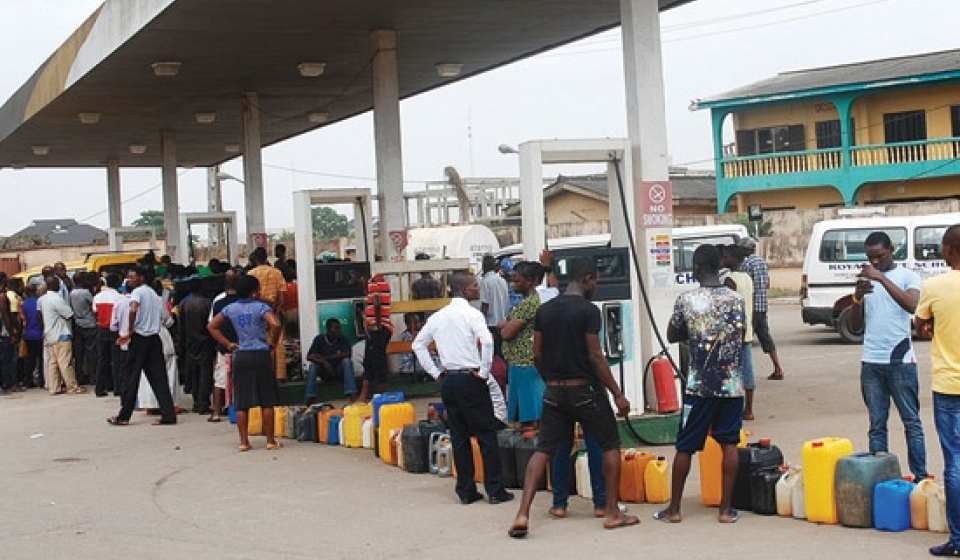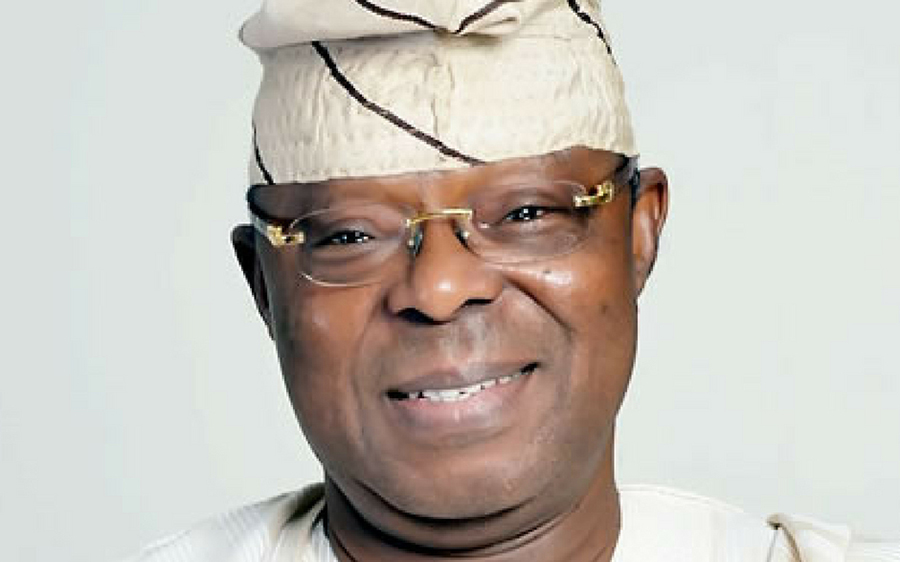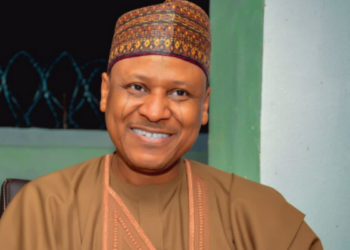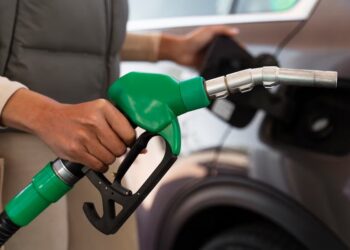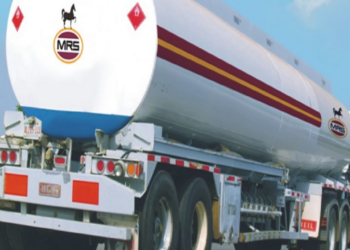It is two days to Christmas and Nigerians are still experiencing lingering fuel scarcity across the country. Aside from that, some Nigerians are having to pay more than the official pump price for fuel before they could get fuel.
And as expected, these factors have combined to inevitably increase the cost of transportation at a time many Nigerians are travelling for Christmas.
Mrs Ohiowere, a Lagos resident, told Nairametrics that in her Iyana-Ipaja location, transportation fares have increased significantly as a result of lingering fuel scarcity.
Suffering and smiling: In Lagos, Abuja, Calabar, Kaduna, Kano, and other major cities, Nigerians have resorted to suffering in silence while paying up to N300 per litre of fuel in some cases. Even with the increased cost of fuel, queues are evident across filling stations in different states.
Musa Tanko (not his real name), a manager at one of the NNPC filling stations in Abuja, told Nairametrics that this shows that Nigerians will cope with the removal of fuel subsidy payments. According to him, it is better for the powers that be to remove the subsidy so that Nigerians can pay higher for fuel and have access to the commodity, than for trillions to be paid in the name of subsidy while Nigerians struggle to access it two days to Christmas.
Impact of fuel subsidy: In September 2022, a report by the Chief Executive Officer of Financial Derivatives Company Limited (FDC), Mr Bismarck Rewane, revealed that $5.5 billion was spent on fuel subsidy payments between 2015 to 2020.
- Also, in 2021, fuel subsidy payments went up to $3.8 billion, and $6.2 billion in the first quarter of 2022.
- According to the World Bank Nigeria Development Update report, the total petrol subsidy cost incurred by Nigeria in 2022 is expected to hit N4.8 trillion, or 2.3% of the projected gross domestic product (GDP).
- This comes at a time when oil production, which is the country’s economic mainstay, has continued to decline.
- To this end, the World Bank advocated for the immediate removal of fuel subsidy removal, citing that it has caused Nigeria’s fiscal performance and foreign exchange (FX) reserves position to deteriorate.
- According to the World Bank, Nigeria has not benefited substantially from the global energy price boom because of the costly petrol subsidy, and record low oil production. The report states:
Fuel subsidy or no subsidy? The one million question that needs to be answered is – can Nigerians cope if fuel subsidy is removed? Perhaps, the perfect answer to this question would be to try it first and see.
In the meantime, it is obvious that the current fuel subsidy regime has failed to ensure that Nigerians have unfettered access to fuel whenever they need it. Highlighted below are some of the challenges Nigerians have had this year trying to buy fuel.
- Based on a December 16 Nairametrics survey in Lagos, Calabar, and Abuja, some Nigerians have had no choice but to pay as high as N300 for fuel per litre as the commodity became scarce in their localities.
- During the December 20 Morning Show on Arise TV, an energy analyst, Emmanuel Efeni, said Nigerians were paying between N245 to N260 per litre for fuel at filling stations located between Delta and Ogun states.
What Nigerians are saying: In a chat with Nairametrics, an Abuja-based small business owner, Dolapo Sarah, said she would rather pay for the fuel at higher rates if that means she doesn’t have to experience fuel scarcity again. According to her, it makes no sense for the government to pay trillions of Naira for subsidized fuel, yet the citizens cannot get it without stress.
Chidi Ani, who owns a small sports viewing centre in Abuja, told Nairametrics that subsidy removal will help low-class Nigerians more and should be done as soon as possible.
- “If we can cope with higher fuel and diesel prices, there is no doubt we can cope with subsidy removal”, he said.
Highlighted below are some reactions from social media by Nigerians who would rather have the government remove fuel subsidies if that would guarantee the steady availability of petroleum products in the country.




